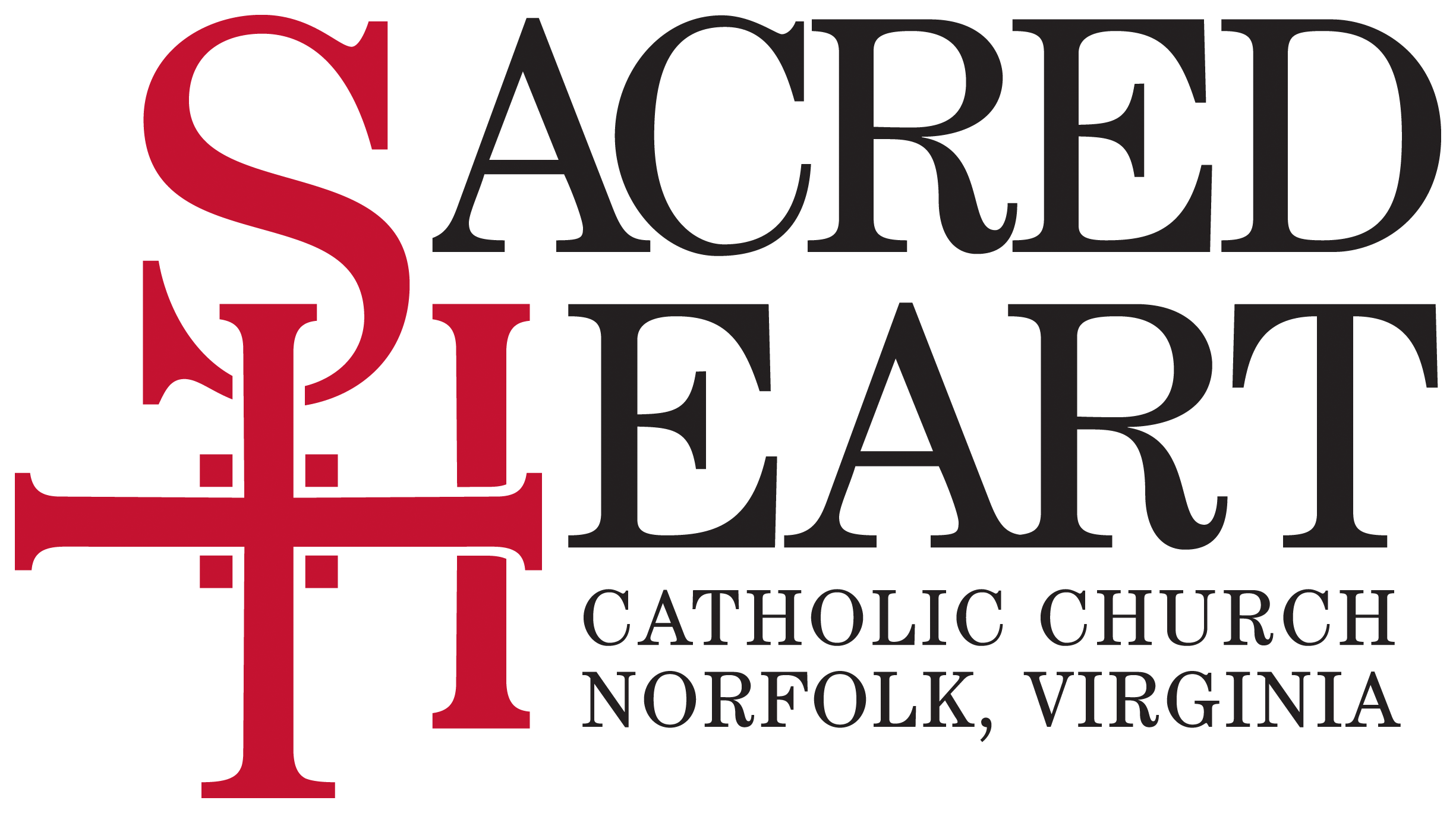Prelude, Sunday at 8:00: Symphonie II ‘I. ‘Praeludium Circulare’ Charles Marie Widor (1844-1937). The first movement of this organ symphony was reworked three or four times over his very long life. This is the final version. It moves through all the keys and returns the key it began in. All these key changes are essentially unhearable.
Communion Draw Us in the Spirit’s Tether was composed by Harold W. Friedell (1905-1958). He was an American organist, choirmaster, teacher, and composer. At an early age, he served as organist at First Methodist Episcopal Church (Jamaica, Queens) and studied organ with Clement Gale and David McK. Williams. He later served as organist at Calvary Church (New York), organist and choirmaster at Saint John’s Church (Jersey City, N.J.), organist and choirmaster at Calvary Church (New York), and finally organist and master of the choir at Saint Bartholomew’s Church (New York). Friedell also taught on the faculty of the Union Theological Seminary School of Sacred Music (New York). The hymn text is by Percy Dearmer (1867-1936).
Recessional, In Christ There Is No East or West, whose hymn name is MC KEE, has an interesting history. According to a letter from Charles V. Stanford to Samuel Coleridge-Taylor (who arranged the tune for piano in his Twenty-Four Negro Melodies, 1905), MC KEE was originally an Irish tune taken to the United States and adapted by African American slaves. It became associated with the spiritual “I Know the Angels Done Changed My Name,” which appeared in J. B. T. Marsh’s The Story of the Jubilee Singers with their Songs (1876). Harry T. Burleigh (b. Erie, PA, 1866; d. Stamford, CT, 1949) arranged the tune to fit Dunkerley’s text in 1939. As a setting for that text, the tune was published in The Hymnal 1940. Burleigh named the tune after Elmer M. Mc Kee, rector of St. George’s Episcopal Church, New York, where Burleigh was the baritone soloist from 1894-1946. Burleigh began his musical career as a choirboy in St. Paul’s Cathedral, Erie, Pennsylvania. He also studied at the National Conservatory of Music, New York City, where he was befriended by Anton Dvorak and, according to tradition, provided Dvorak with some African American musical themes that became part of Dvorak’s New World Symphony. Burleigh composed at least two hundred works but is most remembered for his vocal solo arrangements of African American spirituals. In 1944 Burleigh Was honored as a Fellow of the Hymn Society in the United States and Canada. Sing stanzas 1, 2, and 5 in unison, the others in harmony. Here is a photograph of Mr. Burleigh:

